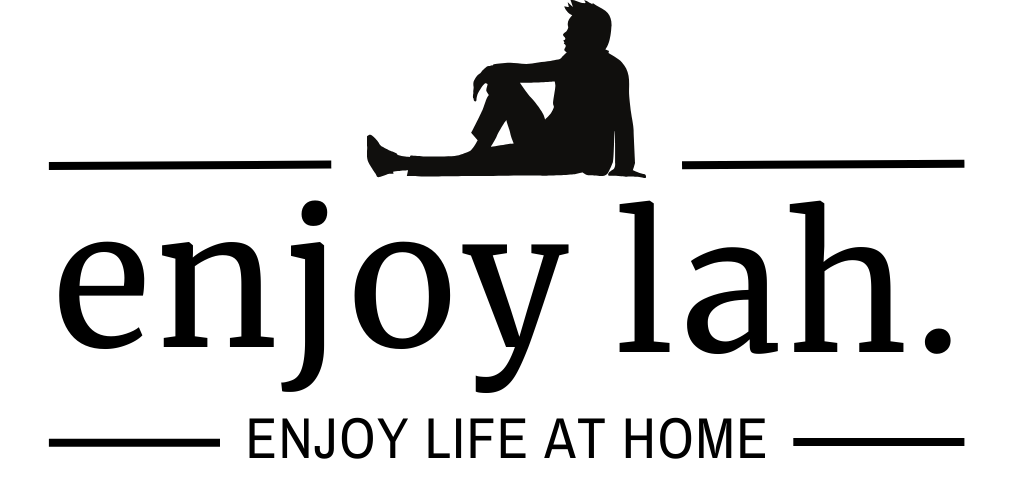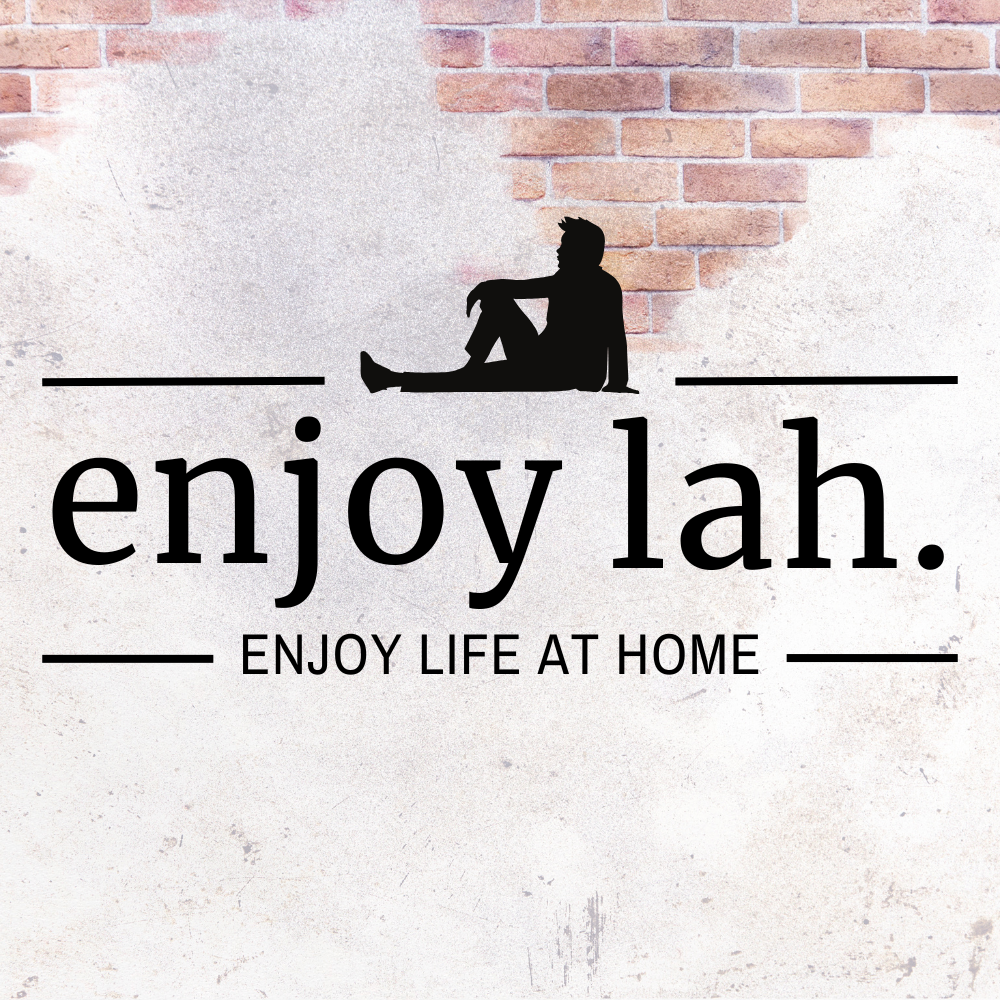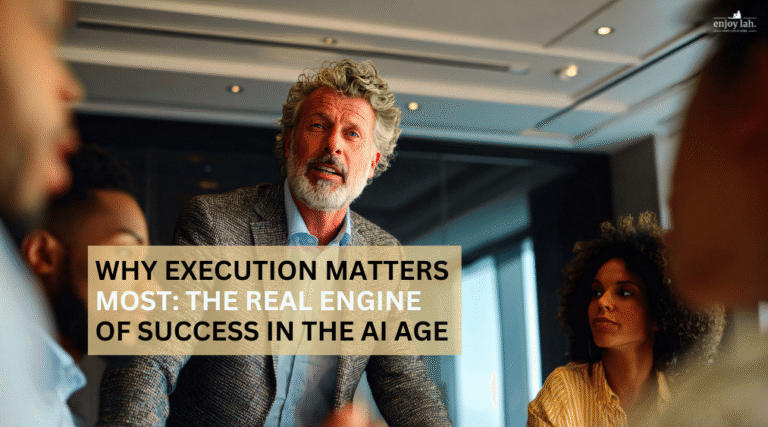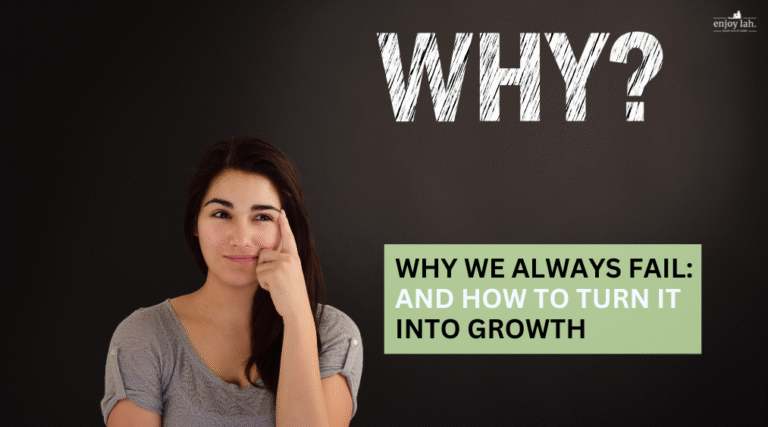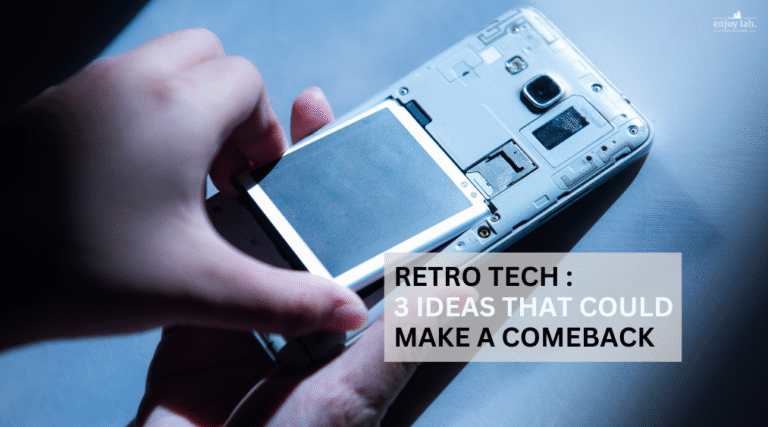In our working culture, we work very hard. We are taught that we need to ensure a good productivity level to deliver value. To do that, we tend to go into multi-tasking mode or focus on too many things at one time. However, to a certain degree, we may suffer from cognitive overload.
To understand further, we need to know what it feels like to be in cognitive overload. For instance, have you felt your brain freeze at times after powering up your laptop? Or you start to forget things and feel like just too many things to focus? That, my friend, is cognitive overload—when your brain is drowning in too much information, and instead of working faster, it crashes like an overheated computer.
I’m not sure if, fortunately, or unfortunately, we live in an age of constant input, with endless notifications, never-ending news cycles, and decisions that feel harder by the day. But at some point, our brains will also get fed up and say, “Enough is enough.“
What is Cognitive Overload? (In Plain English)
To understand cognitive overload, you can think of your brain like your laptop or phone’s RAM. The more apps running in the background, the slower it gets. This is why most IT people always go for more RAM for their laptops! Its performance matters! But here’s the problem: We can’t just add RAM to our brains!
Cognitive overload happens when your brain processes too much at once—emails, social media, news, notifications, decisions—until it struggles to keep up.
Cognitive Overload – Here’s how it usually plays out:

Too Many Choices – You want to buy a new device or appliance, but after reading 10 reviews, you’re more confused than when you started.
Information Overload – You’re scrolling through endless news, memes, and videos until your brain feels fried.
Multitasking Madness – We are taught culturally to multi-task. That is why we are replying to messages, watching a show, and trying to work simultaneously… and somehow, doing none of them well.
It’s not just frustrating—it has real consequences. I believe I have my fair share of cognitive overloads—the days when my body forced me to switch off after a wave of migraine headaches. I could not think and focus, and I needed to stay away from the screen, pop some Panadol pills, and just sleep.
This is where we need to understand the aftermath of prolonged impact caused by cognitive overload.
The Hidden Impact of Cognitive Overload
The road to being the greatest multi-tasker, having “too many tabs open” in our minds, can really affect your mental and physical well-being.

🚨 Decreased Focus & Productivity – When your brain is overwhelmed, your concentration ability drops. Simple tasks feel harder. Trust me, you will feel the drag feeling.
🚨 Poor Decision-Making – Have you ever made a dumb choice when you were tired? That’s because decision fatigue kicks in when your brain is overloaded.
🚨 Increased Stress & Anxiety – Too much information triggers stress, making you feel restless or uneasy.
🚨 Memory Problems – Can’t remember what you were supposed to do five minutes ago? You can blame cognitive overload for your mess here!
🚨 Burnout – When your brain is constantly on overdrive, exhaustion follows—physically, mentally, and emotionally.
The worst part? Most of us don’t realize we’re overloaded until we crash.
Cognitive Overload – Why Does This Happen?
We live in a world where technology-driven social media channels have given us instant access to unlimited information, but our brains are still wired to process things one at a time.
Your brain has limits – It can only focus on so much before it slows down.
Too many distractions – Notifications, news, and social media constantly hijack our attention.
Decision fatigue – The more choices we make daily, the harder it gets to make good decisions.
Over time, this leads to mental exhaustion, stress, and even anxiety.
Signs You’re in Cognitive Overload Mode
If you are feeling these symptoms, you must take a break, rest, go outdoors, travel, or plan a digital detox.
🚨 Can’t focus for long periods
🚨 Forgetting things (even simple stuff)
🚨 Feeling mentally drained all the time
🚨 Struggling to make decisions
🚨 Easily overwhelmed by small tasks
Don’t worry if this sounds like you; you’re not alone. The good news? There are ways to clear the mental clutter.
How to Give Your Brain a Break
Let’s be real—we can’t completely escape information overload. But we can manage it better. When we manage better, we can manage this situation with cognitive overload.
1. Stop Multitasking (It’s a Myth, Anyway)
One of the biggest culprits in cognitive overload is multitasking. Your brain isn’t multitasking—it’s just switching between tasks fast, which makes you more tired and less productive. Focus on one thing at a time. For example, I try to complete one task simultaneously to feel the small win.
2. Set “No-Notification” Zones
Mute your phone for an hour when working, or use “Do Not Disturb” mode. The fewer interruptions, the better your focus. I have muted my email and WhatsApp alerts. I readjust my frequency of checking these alerts at a healthy and timely interval.
3. Take “Brain Breaks” to Avoid Cognitive Overload
Step away from screens. Go for a short walk. Stare at a wall. Your brain needs rest to work efficiently. In short, if you are planning time for your task, then you need to plan time for your brain to take a break.
4. Simplify Your Choices
If decision-making drains you, reduce unnecessary choices. Eat the same breakfast every day. Wear simple outfits. Save your brainpower for bigger decisions.
Here’s a classic example: Mark Zuckerberg, the CEO of Meta, always wears the same outfit daily to save time and reduce decision fatigue.
5. Unsubscribe, Unfollow, and Declutter Your Digital Life
The less noise you have coming in, the more mental space you have. Curate your digital world. For example, you can intentionally curate your social media feed based on your preference. The social media algorithm is smart enough only to serve you information you like.
Final Thought: Give Your Brain Some Breathing Room
Cognitive overload isn’t just about technology—it’s about how we manage our attention and mental energy. As a matter of facts, we now live in a world that never stops throwing information at us, the smartest thing we can do is slow down, filter out the noise, and focus on what actually matters.
Your brain will thank you for it.
